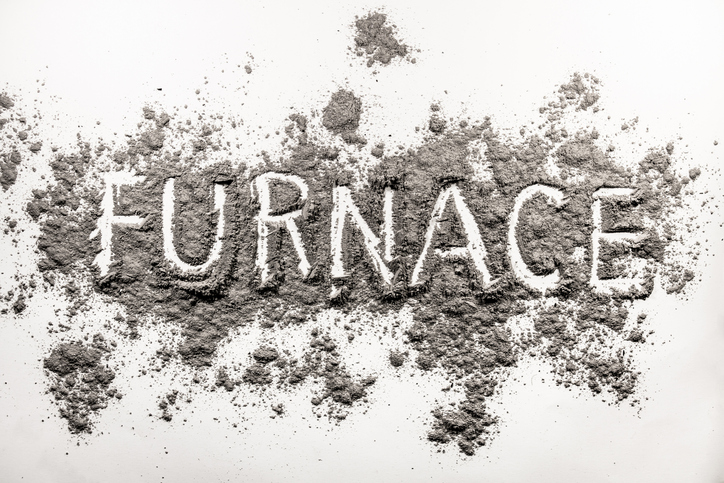Duane Blanton Family Home Services
Duane Blanton Family Home Services is a full service company, specializing in plumbing, sewer, heating and cooling.
How to Tell if Your Furnace is Aging
As one of the most important appliances in a home, homeowners need to know the limitations of their home’s furnace. Every major appliance in a home has a point where it has aged out of being repaired at a reasonable rate, and a replacement is the smarter move — both for homeowner’s wallets, and for the health of the home. But where exactly is that line drawn?
There are a number of tell-tale signs that a furnace is showing its age and that homeowners will need to start looking into replacements. Keep an eye on the following details and signs, and be proactive about upgrading a furnace before it’s continued use becomes a costly issue.
The Lifespan of an Average Furnace
All things considered, a typical home furnace has a substantial lifespan. According to the U.S. Department of Energy, that range is 15–30 years for the average residential furnace. This is not a guarantee, and varies by make, model, and manufacturer — not to mention how often homeowners have their furnace inspected — but it stands as a good rule of thumb. If a furnace hasn’t been replaced within the last 15 years, and repairs are beginning to accumulate, it’s generally best to replace it rather than continue reinvesting in it.
Listen to the Acoustics — Noises, Bumps, and Bangs
Furnaces naturally make sounds as they turn on and off, and as their cycles run. So, general usage noises are nothing for homeowners to worry about.
But loud crashes, scratches, and bangs, or sounds of metallic scraping, are signs that a homeowner will want to take a closer look at their furnace, however. These louder, more aggressive noises are usually signals that something has come apart within the furnace itself, or that a part within the furnace is breaking down. Some of these issues can be repaired, and some parts can be replace, but it’s up to the best judgement of an HVAC professional, who can clue homeowners into the health of the furnace once their able to get “under the hood”, and perform a full inspection.
The Furnace No Longer Passes the Smell Test
A furnace is intentionally supposed to produce hot air throughout a home. What it’s not supposed to do is distribute gas.
If a CO monitor starts alerting a spike in carbon monoxide, one of the first areas homeowners should have inspected is their furnace. If it’s found to be the source of the leak, it should be shut-off and replaced as soon as possible. This is likely an issue with a cracked heat exchanger, but the presence of CO from a furnace is a major health and safety issue.
For that reason, it’s generally best that homeowners replace the unit to avoid any possibility of the aging furnace repeating the same issue. It’s also always important to monitor for signs of carbon monoxide leaks — such as light-headiness and short-term memory issues — as without a monitor, it’s difficult to detect the colorless, odorless gas responsible for a number of health safety issues.
Making the final determination on when it’s time to say good riddance to an older furnace is tricky, and requires balancing a number of factors unique to each homeowner. Homeowners should be diligent about having their furnaces inspected at least once every year, and take the advice from their HVAC professional seriously. They’ll be the first ones to alert homeowners to major issues that may not be as obvious with the unit, and will be the ones to keep homeowners up to date on how viable the furnace is for another year of service.
If you have questions about whether it’s the right time to replace an aging furnace, or if you need to schedule an inspection to determine any issues with your home’s furnace, reach out to the licensed technicians at Duane Blanton Plumbing, Sewer, Heating, and Cooling. With over 30 years of experience, the knowledgeable staff at Duane Blanton will be able to guide you through the issues and expectations of furnace ownership. Reach out today with your questions, at (847) 262-9516, or schedule online through their convenient online scheduling portal.
This article was originally published on March 9, 2022 by Duane Blanton Family Home Services



